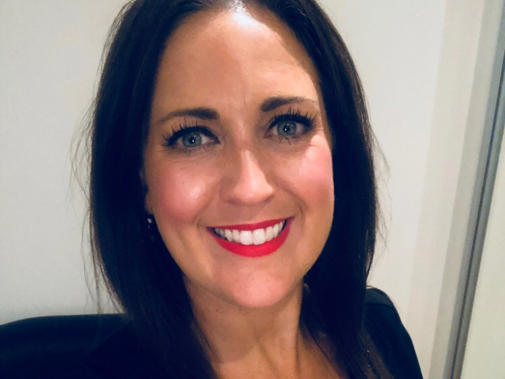What did you first think when you heard about COVID?
For me, the pandemic began on Thursday 12 March 2020, although the first lockdown did not come into effect until almost two weeks later. This was the day that we had a GP practice team meeting at the surgery and realised the full extent of what this developing pandemic would mean for us and our patients. The night before we had all watched the gripping news featuring an Italian doctor in tears over the devastation that the virus had brought to the people of Italy. Little did we think then of the extent of the human suffering that it would cause, a pandemic like no other, showing no respect for age, gender, race or nationality as it swept across all communities while leaving a trail of death and destruction.
How has your life changed – personally and professionally?
On 12 March my life totally changed. As a precautionary measure we had to introduce necessary restrictions, close the doors of the GP surgery and advise the staff about their safety and how to provide continuity of patient care while ensuring their safety too. I remember frantically trying to buy additional PPE for the practice knowing that it would be a much-needed resource. New measures had to be put quickly in place to ensure that the practice continued to operate as effectively as possible. The 12 March was also the last day that I would spend in my family home as I did not want to endanger my parents who were potentially at much higher risk of contracting the virus. I have yet to return to the family home as I do not want to be responsible for spreading the virus.
Did you learn anything about yourself because of this?
Over the past year the whole healthcare system including primary and secondary care, has been under tremendous pressure trying to meet, on a daily basis, the worst challenges imaginable arising from the pandemic. For my part this has included working in the COVID centres, triaging very anxious patients over the phone and in zoom calls, making palliative care visits to patients in their homes while trying to effectively roll-out covid vaccination programmes. Despite the pressures experienced during the past year, I am incredibly proud to say that I work in the NHS as a frontline doctor.
What do you think needs to happen now in healthcare here? Long term and short term.
What can I say about our patients? We have shared their sadness at the loss of loved ones due to the pandemic, we have shared in their happiness when they have had great news and we have honoured their wishes during the last few weeks and days of their lives. They have shown great resilience and strength and supported us, as doctors, during the most challenging year of our careers. Their kind words, their smiling faces and the sense of joy and relief they express when getting their COVID vaccines is wonderfully motivating. Their overwhelming support has helped to sustain us during these unprecedented times and has given us the hope and courage to continue with our work until all our lives return to the way that we would want them to be. ⠀
What one thing (or bit of advice?) would you tell / give yourself back at the start of the pandemic?
During the dark days when I have felt exhausted and discouraged by the relentless pace of the virus, l have tried to remind myself that there will be better days ahead and that there will be positives that we can take from the 'new normal'. The COVID vaccination programme is the way out of this pandemic. We just need to continue to be careful, follow the advice of medical experts, social distance, wash our hands regularly, stay at home where possible, take care of ourselves and each other and we will find a way through this.

